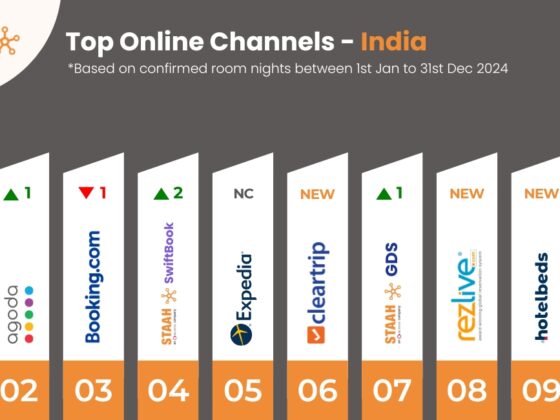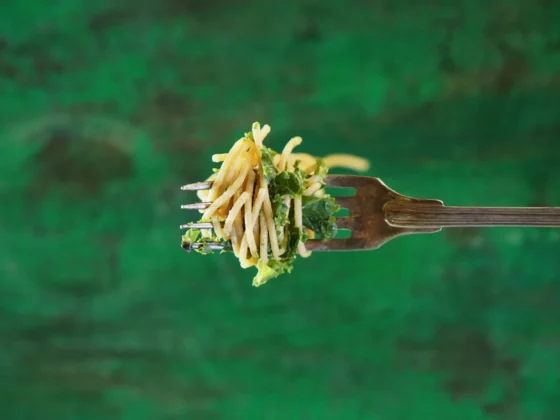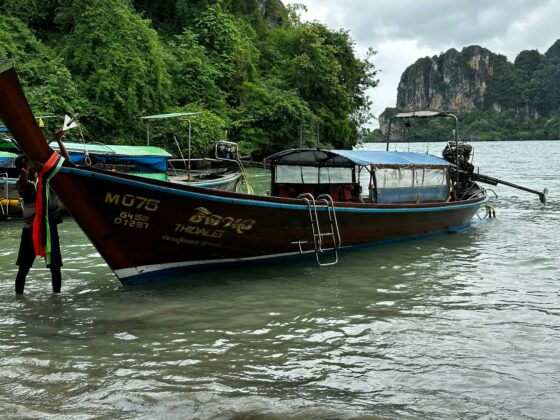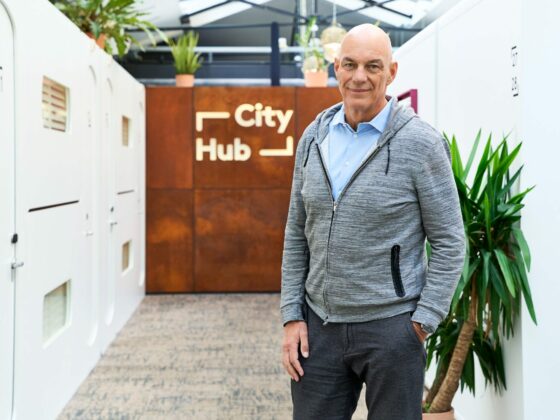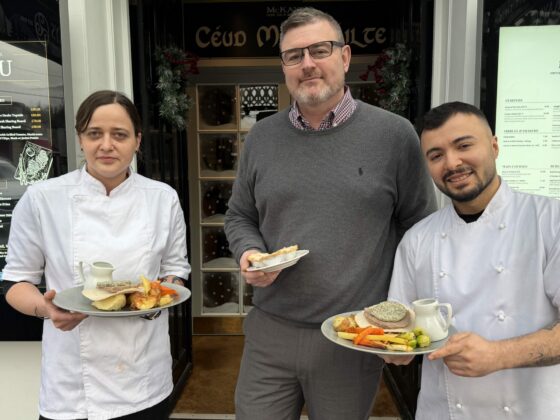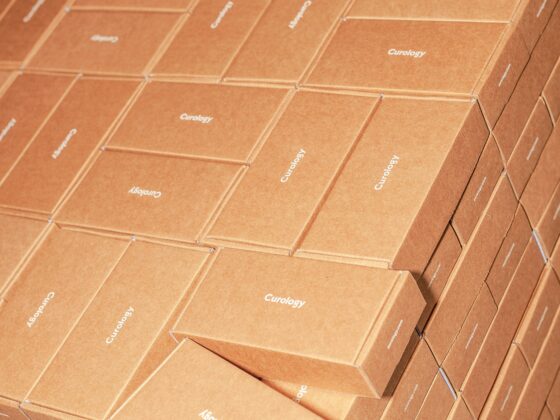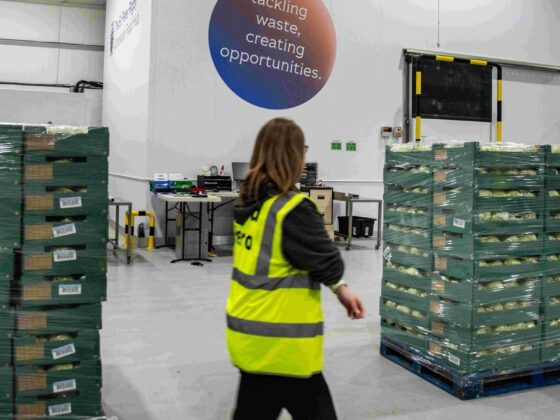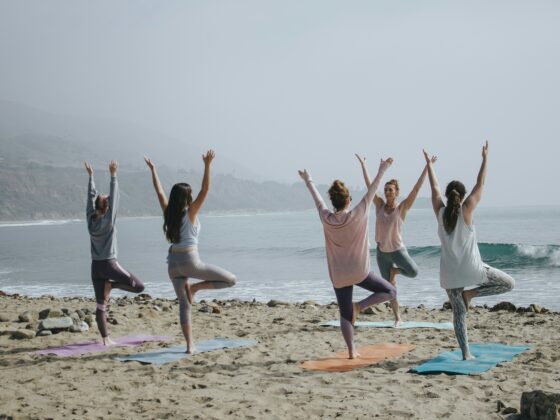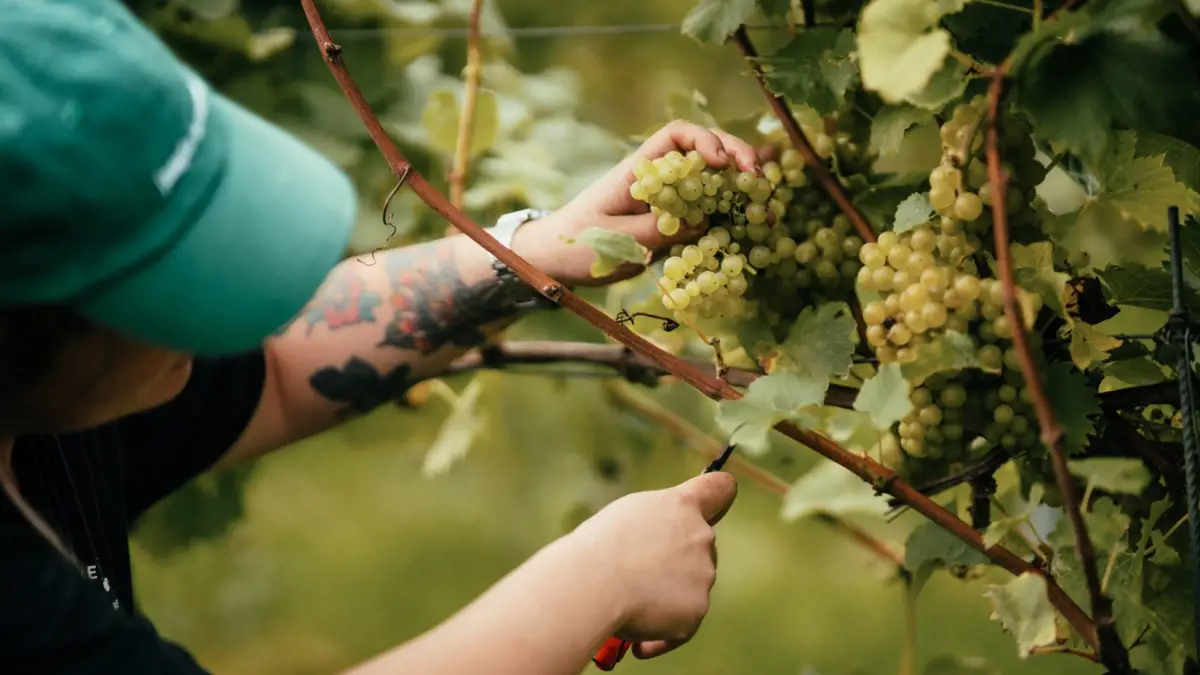
The people behind the brand matter, too: fair labour practices and social responsibility are essential elements of sustainability, and considering the wellbeing of the communities impacted by the wine production process is crucial. “I prefer working with honest, passionate winemakers, often family-run vineyards, rather than large corporations simply riding the natural wine wave,” says Ania. “Authenticity and genuine commitment to sustainability are what truly matter.”
The team at Flat Earth Pizzas takes a similar approach. “We look for wines with integrity, made by hands-on, conscientious producers who prioritise authentic flavours, respect for the environment, and a minimal-intervention approach,” says Sarah. “We also celebrate and support women winemakers.”
How a business interacts with its community is important, too. “We always ask whether there is a strong story and philosophy behind the wine,” Sarah continues. “We like to support those who are working hard to make a difference to their community and the world.” Candover Brook is an example of this, employing up to 60 people on the land at peak times of the year, and their goal is for more of the local community to become involved in the vineyard.
Prioritising smaller brands can also mean higher quality. “We avoid any large-scale, conventional producers,” says Sarah. “Due to the nature of their bulk production, there are often a lot of stabilisers and additives added to ensure that each bottle tastes the same. We like the wine to be as natural as possible.”

